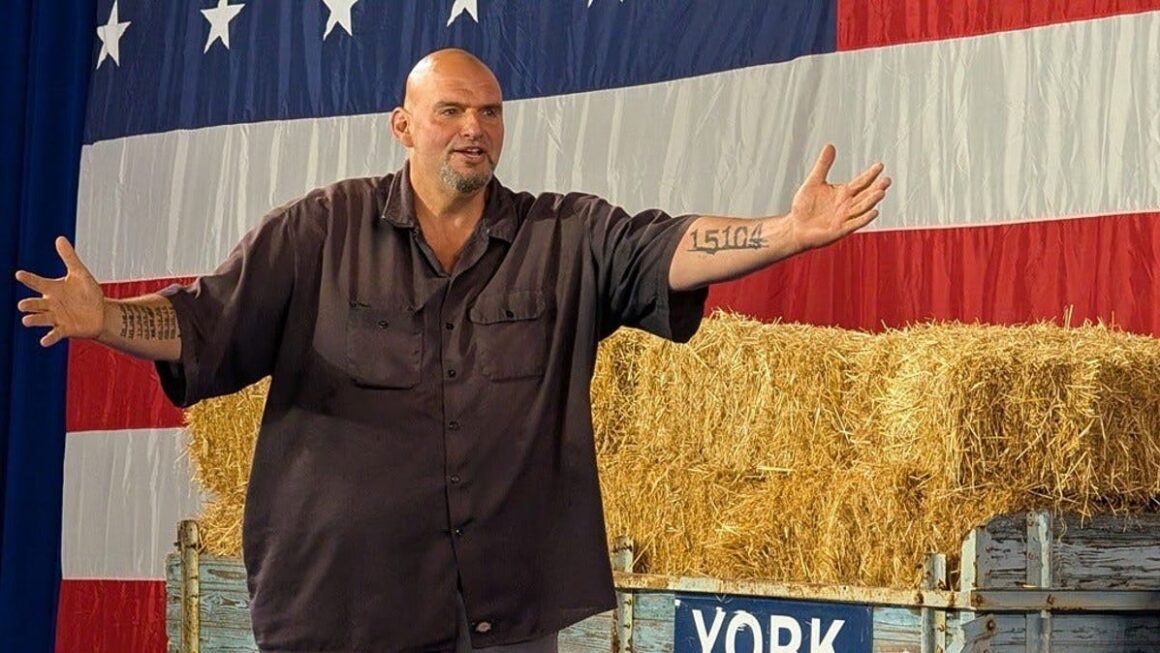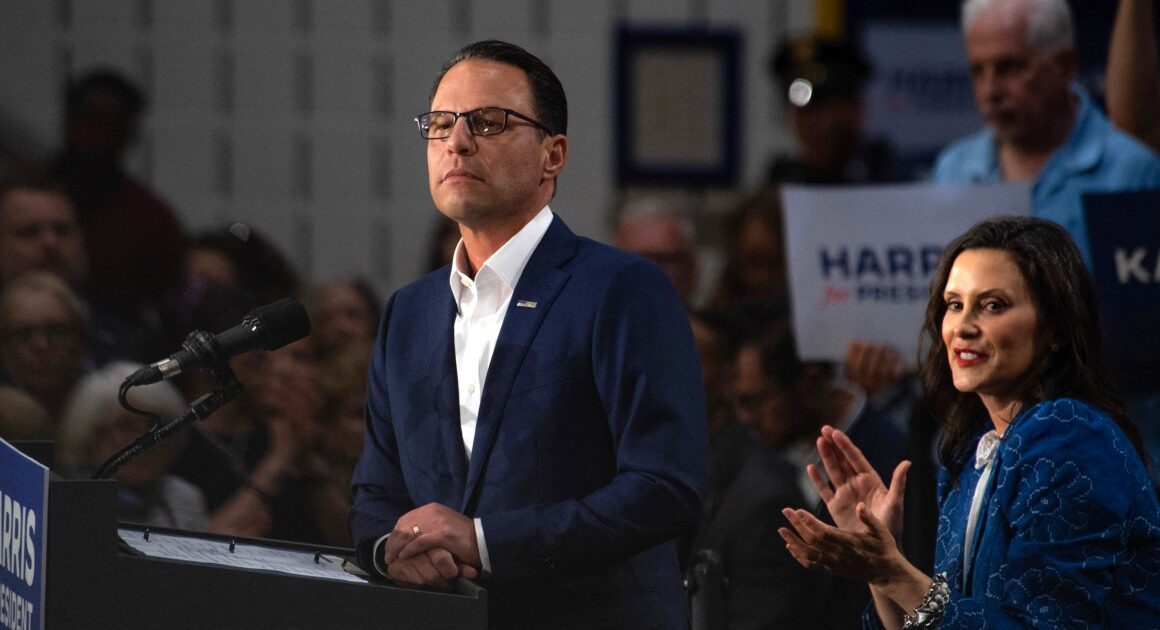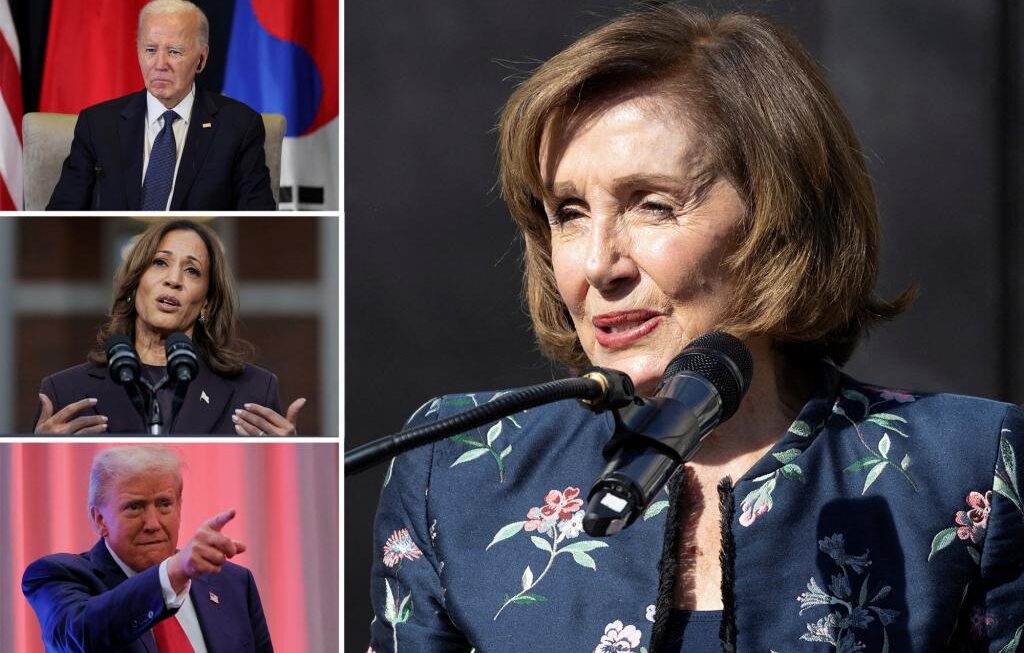If former presidents are immune from prosecution, then why did Richard Nixon need a pardon after resigning from the White House in 1974? The answer is that they aren’t immune, and Tuesday’s oral arguments in Donald Trump’s appeal remind us why.
During the hearing in Washington at the U.S. Court of Appeals for the D.C. Circuit — which went poorly for the former president — Judge Michelle Childs noted the Nixon pardon in telling Trump lawyer John Sauer that there’s “an assumption that you could be prosecuted” if not pardoned. Otherwise, why would clemency be needed?
Likewise, special counsel lawyer James Pearce emphasized that Nixon accepted the pardon after resigning — before he could be impeached — a fact that undermines Trump’s already tenuous claim that former presidents can be prosecuted only after they’ve been impeached and convicted by the Senate. (In his second impeachment trial, Trump was acquitted of inciting insurrection.) A Justice Department brief filed ahead of the hearing also cited statements from Nixon and the president who pardoned him, Gerald Ford, both of which referred to potential criminal exposure for Nixon that was being pardoned.
“At least since the Watergate era 50 years ago has there been widespread societal recognition, including by presidents and the executive branch, that a former president is subject to criminal prosecution,” Pearce told the D.C. Circuit panel Tuesday. He added that, contrary to Sauer’s claim, Nixon’s case wasn’t about private conduct but rather, among other things, using the CIA to try to interfere with an FBI investigation.
How big a role Nixon’s pardon will play in the panel’s forthcoming ruling remains to be seen, but it’s yet another point that cuts against Trump’s long-shot immunity bid.
Subscribe to the Deadline: Legal Newsletter for weekly updates on the top legal stories, including news from the Supreme Court, the Donald Trump cases and more.
![]()






